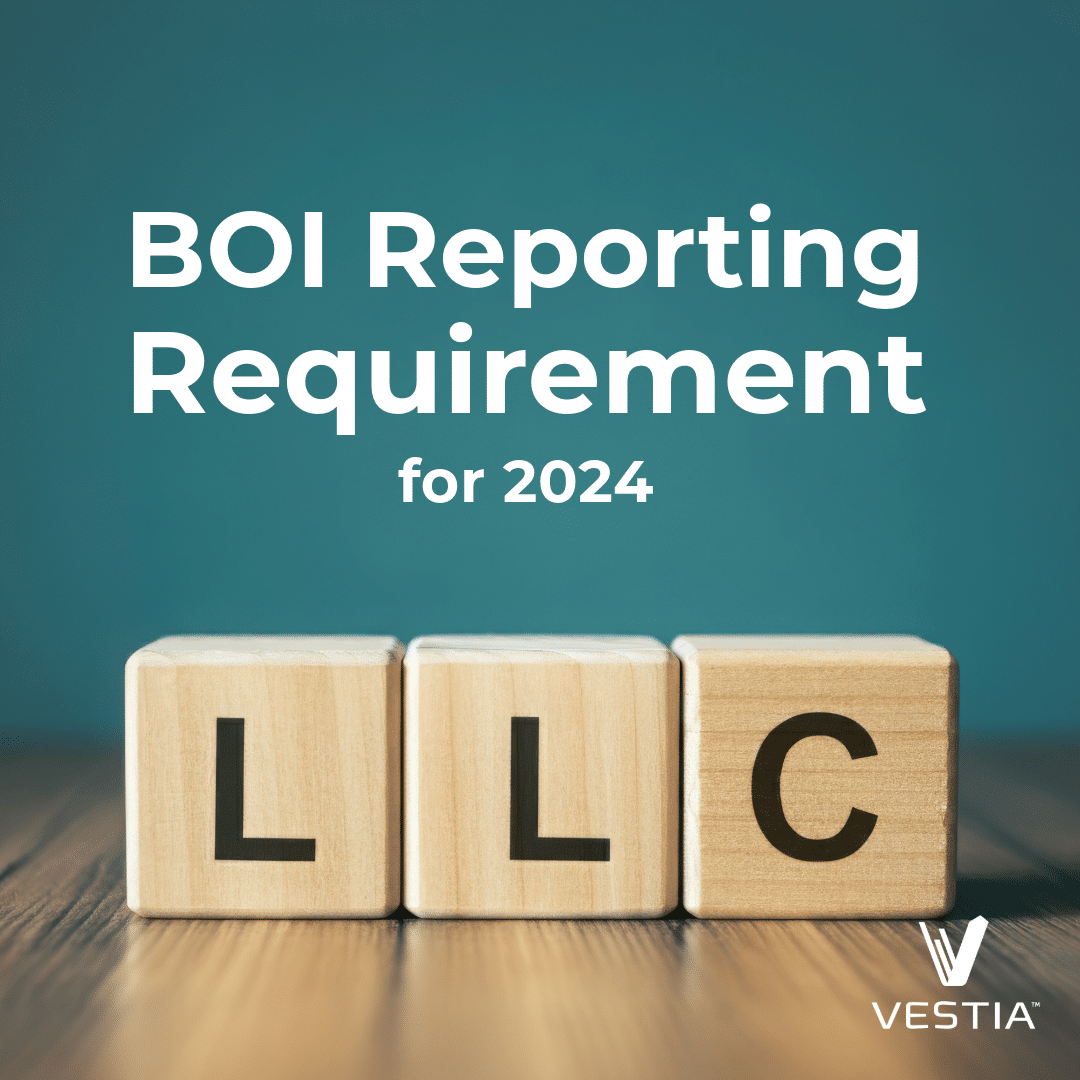There are several benefits to going through a 401k rollover process – some of which can even save you money in the long-run! Let’s dive into three options and why it could make sense for doctors to initiate a rollover.
When You Might Consider a 401k Rollover
There are a few times that a 401k rollover could make sense. Such as:
- Leaving a job
- You want more tax planning options than your 401k offers (in regards to making withdrawals)
- Save taxes on employer stock investments
- Pay for healthcare, insurance, college, or a home
- Wanting to avoid required minimum distributions (RMDs)
- Or doctors that are transitioning from training into practice
When It Might Not Be a Good Idea To Roll Over Your 401k
Even if you leave your job, there are times when it does not make sense to rollover your 401k.
Sometimes your “old” or existing 401k plan could have better investment options in terms of asset classes or lower fees. If the investment choices in the current plan are solid, you can leave the funds there to retain federal asset protection and keep the option for a backdoor Roth open.
Pro tip: Vestia has the ability to manage assets inside of a 401k plan for doctors.
Another scenario where a rollover might not fit is if you anticipate potentially returning to the institution where the 401k is held. For example, if you finish your residency elsewhere, go to another alternative location for your fellowship, but return to the original location as an attending. In this case, it may make more sense to leave the funds in the account if you’re going to be eventually returning and continuing to make contributions.
Lastly, there may be a self-directed brokerage (like a BrokerageLink or PCRA) within the existing 401k plan. This essentially gives you the same investment flexibility as you’d have with an IRA. With that being said, it may benefit you to keep the funds there for better asset protection and keep everything together so you have it all in one place.
Of course, whether or not to roll over your 401k is extremely dependent on every individual and their specific financial circumstances. Because every situation is different, be sure to conduct a full assessment of your needs and circumstances before deciding if a rollover is in your best interest.
If rolling over your 401k could help you achieve your financial goals, there are a few ways to go about it. Let’s take a look at 3 different examples.
#1 – Rolling Your Assets Into an IRA
Your first option is to roll the assets in your 401k over to an individual retirement account (IRA). These accounts are tax-savvy because they allow you to contribute pre-tax dollars, allowing your funds to grow on a tax-deferred basis.
Why would a doctor do this?
- You’ll avoid immediate taxes, and your assets will continue to grow tax-deferred. This is because contributions to an IRA are subtracted from your taxable income.
- You’ll likely have more investment choices for the assets held in the account.
- You could encounter lower fees and costs.
While IRAs are designed for those that are self-employed (and don’t have access to a 401k), anyone with earned income can open one. The only limitation is the total amount of assets you can contribute to your retirement accounts annually. In 2023, the maximum individual contribution is $6,500 for those under 50 and $7,500 for those 50 and older (otherwise known as a catch-up contribution).
It’s important to note that these contribution limits apply only for those who are making new contributions to an account. A rollover can be done regardless of income level, and any amount of money can be rolled over to an IRA – the contribution limit does not apply.
There are four different types of IRAs, but for simplicity’s sake, let’s look at one of the most popular IRA accounts, the Roth.
#2 – Rolling Your Assets Into a Roth IRA
Roth IRAs are a distant cousin of traditional IRAs. Roth accounts are tax-advantaged and allow you to contribute after-tax dollars. This, of course, means your contributions aren’t tax deductible, but your withdrawals are tax-free.
Why would a doctor do this?
- You won’t have to take required minimum distributions (RMDs) because you have already paid taxes on your contributions. RMDs are withdrawals that owners of traditional and 401k accounts MUST take every year after a certain age. Essentially, you must remove funds so you can’t continue to delay paying taxes on your contributions.
- If you’re under 59 ½, withdrawing funds from a Roth IRA is more accessible than a traditional IRA.
- You’ll get the most out of your withdrawals if your taxes are higher in retirement than now.
If you choose to make future contributions to the account (outside of your initial rollover) you must qualify for the Roth IRA based on the following guidelines:

Image sourced from – Roth IRA: What It Is and How to Open One (investopedia.com)
If you want to open a Roth account but are concerned about not meeting the income requirements, we can potentially help!
Team Vestia recently met a physician couple who had amassed a sizeable retirement portfolio within their 10+ years of practice. In their first meeting with their advisor, the clients expressed interest in opening a Roth IRA. They liked the idea of having a tax-free account but were disappointed because they were under the impression that they didn’t qualify for a Roth account due to their high income.
We shared with them that they could take their current IRA accounts and roll them into their current 401ks, which may open up the option of a Roth IRA account.
The couple was interested, so we called their 401k provider to confirm they would accept IRA rollovers. Now, we are in the process of completing the consolidation, which will allow them to fund a Backdoor Roth this year, and each year they qualify.
Roth Conversions
There’s also a strategy called a Roth Conversion that you can utilize. Some physicians are hesitant to jump at the chance to do a Roth Conversion due to their tax brackets, but there is a time in your life when the conversion would make sense.
For example, if you’re a doctor coming out of training making $60,000 per year as a fellow, you likely won’t hit the top tax bracket in the year you transition to practice. This allows you to take advantage of what is likely the lowest tax bracket you’ll see for the rest of your working years.
In addition, it’s important to note that the tax paid on contributions to a Roth account isn’t due until tax day in April. So, a financial advisor can help you save over time to help you cover that tax burden when the time comes.
#3 – Consolidating Your 401ks
Likely, when you think of a 401k rollover, your mind jumps to consolidating your 401ks. If you’ve worked for multiple different employers, the odds are that you have multiple 401k accounts. You can leave them where they’re at, or you can consolidate.
Besides making your retirement accounts simpler to manage, there are a few other reasons why consolidation could be right for you.
Why would a doctor do this?
- If you plan to work after 72, you can likely delay taking RMDs on funds in your current employer’s plan, including the funds rolled over from your previous employer’s accounts.
- Many doctors don’t know it can clear the path for a backdoor Roth IRA! This is because a 401k to 401k rollover maintains asset protection. If you roll over into an IRA, the asset protection doesn’t carry over unless you specifically indicate a rollover IRA and ensure it’s not mixed with non-retirement funds.
But wait, there’s still more!
Bonus Applications – Other 401k Rollover Options
As we briefly mentioned, you can always choose to leave your 401k accounts with previous employers. But, there are some additional disadvantages we want you to be aware of.
- Employer-sponsored plans likely have a limited number of investment options. This can hold you back from investing how you want to and could eventually lead to a poorly diversified portfolio.
- The employer has control over how the company manages the plan.
The last option is likely a last resort for most doctors, and that’s cashing out your 401k account. This can be a consequential decision for a few reasons, but the main one is taxes.
Any funds pulled out from your 401k are subject to federal income tax. And, if you withdraw funds before 59 ½, you could be subject to an additional 10% penalty.
That said, it’s likely best to explore other options beyond cashing out your plan.
We have experience helping doctors just like you! Team Vestia’s goal is to help make your financial life easier to manage and try to save you money in the long run. If you have many retirement accounts floating around that you’re unsure what to do with, please contact us today.
Disclosures
Investment advisory services offered through Vestia Personal Wealth Advisors, Vestia Retirement Plan Consultants, and Vestia Advisors, LLC. Securities offered through Ausdal Financial Partners, Inc., 5187 Utica Ridge Rd, Davenport, IA. 52807 (563)326-2064. Member FINRA/SIPC. Vestia Personal Wealth Advisors, Vestia Retirement Plan Consultants, Vestia Advisors, LLC, and Ausdal Financial Partners, Inc. are independently owned and operated.
This material is intended for informational purposes only. It should not be construed as legal or tax advice and is not intended to replace the advice of a qualified attorney or tax advisor. This information is not an offer or a solicitation to buy or sell securities. The information contained may have been compiled from third-party sources and is believed to be reliable.



